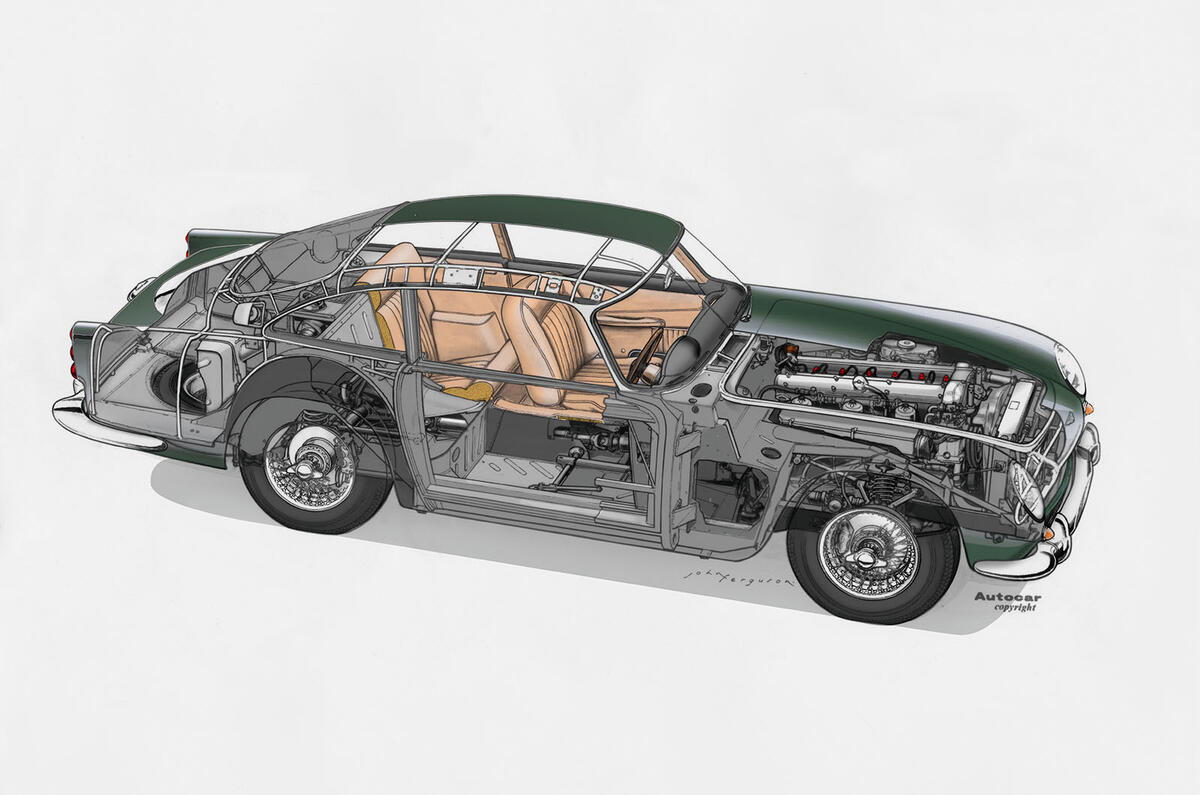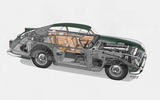There are a few people around the car business who don’t like old cars.
Partly because, they say, they like progress, and things that are new are obviously going to be superior to things that are old. But partly because, they say, new cars feel tight and rigid and precise, and old cars all feel the same: baggy and soft.
Now, I don’t buy into that theory, because many old cars are brilliant. But I do have a hint of understanding – if not sympathy – with their viewpoint on how loose old cars can feel. Bushes wear, which puts a bit of slack into the steering and suspension, dampers can tire, and older cars weren’t usually built to the same levels of torsional rigidity as modern ones.
It’s their body stiffness I’m most curious about. Yes, I know I should get out more. Lots of torsional stiffness, or rigidity, is a good thing. A strong structure means it’s easier to get the suspension working well from it. Anything above, say, 30,000Nm/degree is apparently as stiff as you need a new car to be. At that point, you can tune suspension largely how you please. Race teams like to go a lot stiffer again, but the cost and weight involved in doing the same on a road car are prohibitive.
But I wonder if torsional rigidity, like dampers and bushes, fades over time. As metal gradually fatigues through constant use, does, say, a 20-year-old car that had a 20,000Nm/degree twisting stiffness when it rolled out of the factory only have 15,000Nm/degree now? Or less? Or does it stay the same?
And over time, do wear and fatigue on tooling make a car with a long production cycle suffer towards the end of its life? So 20,000Nm/degree becomes 18,000Nm/degree over a 12-year production cycle? I think this is less likely, but I have wondered if it goes some way to explaining why in a car that has been in production for a long time, even a new example of one, you can almost imperceptibly feel its age.
I know opinion pieces are meant to answer questions, not pose them, but despite asking a fair few industry engineers, this is still something I haven’t quite got to the bottom of. I’ll keep asking, even if only so I can tell some people that it’s not that old cars are rubbish; it’s that they’re being tested out of their time.
The manual 'box is to make a comeback
Another old versus new question, and another one going unanswered. The manual gearbox is about to make a comeback. Because, yes, while the efficiency and performance advantages of automatics are better than manuals, there are enough of us who still want to do things the old-fashioned way that car makers have granted us the choice. Aston Martin says there’ll always be a place for a manual gearbox in its range, the Porsche 911 R is manual only and the next 911 GT3 is due a manual option.












Join the debate
Add your comment
What is the difference
Old cars generally win on:
Sound (real not fake)
Looks
Feel and interaction
Visibility
Variety (between models of the same era ie not all based on the Golf)
Size
metal fatigue & f1 stiffness